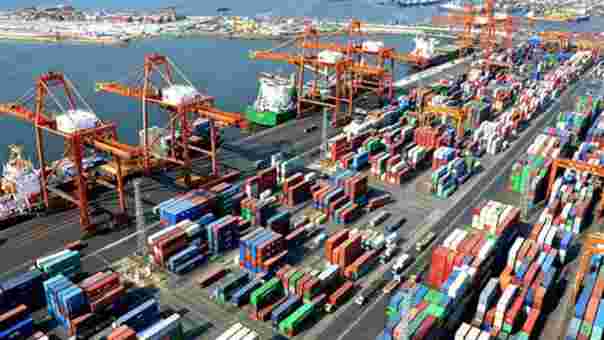The Federal Board of Revenue (FBR) has recently brought grave allegations against a company entrusted with the critical task of monitoring and tracking cargo in transit.
This controversy has raised serious concerns about the efficiency, accountability, and transparency of the systems meant to oversee Pakistan’s trade operations.
The FBR has taken a decisive step by canceling the company’s license after identifying several glaring failures in its operations. However, the situation demands a deeper probe to ascertain the extent of negligence and to hold the responsible parties accountable. Merely canceling the license is insufficient without enforcing stricter accountability measures and learning from these lapses.
In its statement, the FBR disclosed: “During the course of the hearing, TPL accepted that its devices were unable to provide satellite services and that they sent unnecessary or frivolous alerts.” Such deficiencies point to an alarming lack of oversight and technical competence, particularly for a task as critical as ensuring the secure movement of transit cargo.
The FBR further highlighted that taxpayer money, amounting to a staggering Rs 445 million, was expended on the company’s flawed services. As a custodian of public funds, the FBR is obligated to explain not only the rationale for continuing with the company for so long but also the corrective measures it intends to implement.
The decision to revoke the company’s license was not taken lightly, according to the FBR. It followed due legal processes and was based on a range of violations, including:
• The use of outdated tracking technology incapable of providing live satellite tracking.
• Frequent technical malfunctions that hindered real-time monitoring.
• Cyber-attacks that led to the suspension of operations, compromising the integrity of cargo tracking.
• Exorbitant fees and windfall profits despite delivering substandard services.
• Multiple violations documented by field formations.
The FBR’s action has effectively dismantled the monopoly of a company that profited excessively while providing subpar services. However, this episode underscores a broader systemic issue—weak regulatory mechanisms and a lack of stringent monitoring protocols.
It is imperative that the FBR conducts a thorough investigation to identify lapses in its own oversight and ensures such failures are not repeated. Strengthening regulatory frameworks and introducing advanced technology are essential to restore confidence in Pakistan’s trade operations and safeguard public resources. The transit trade monitoring debacle should serve as a wake-up call for comprehensive reform.
